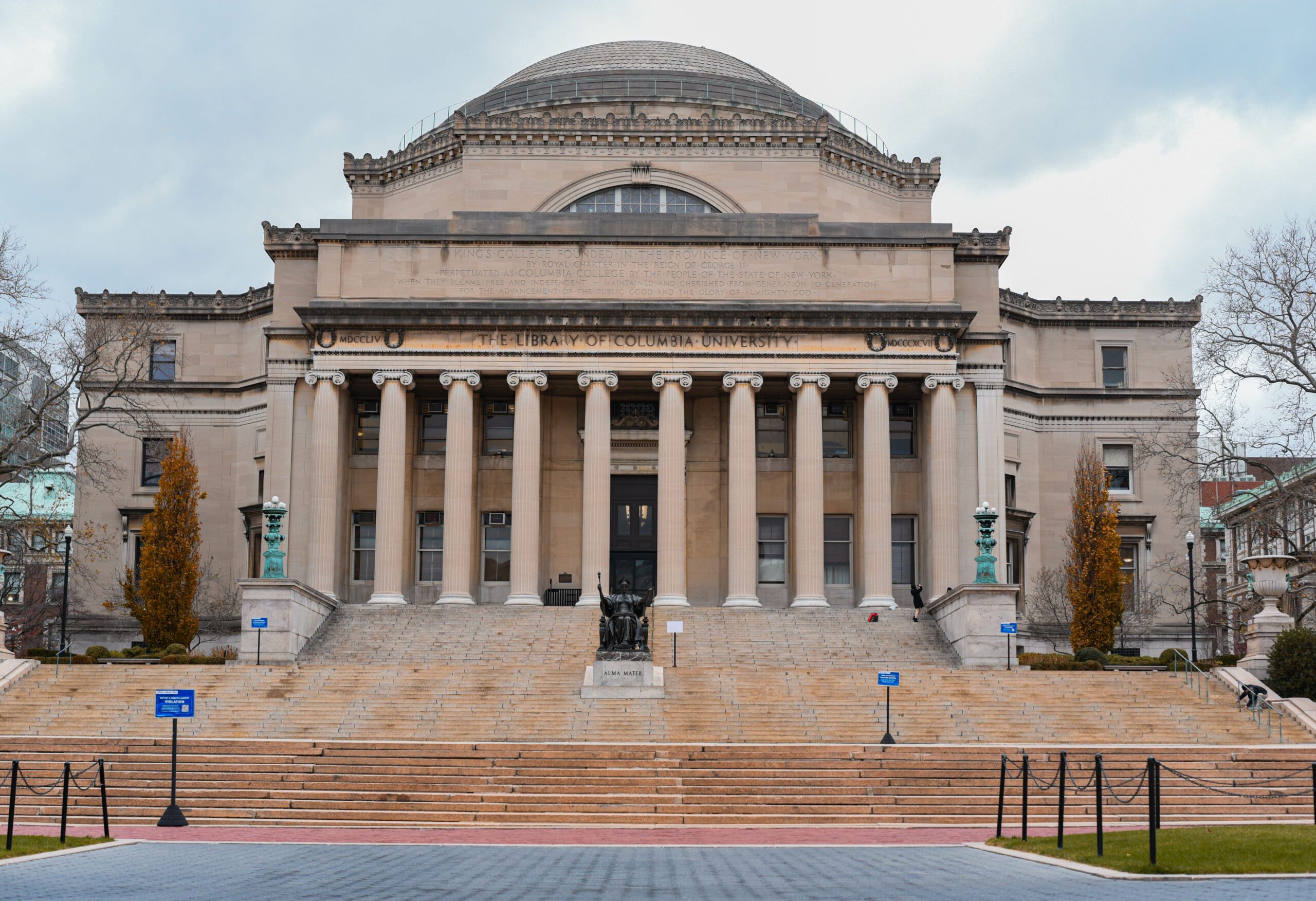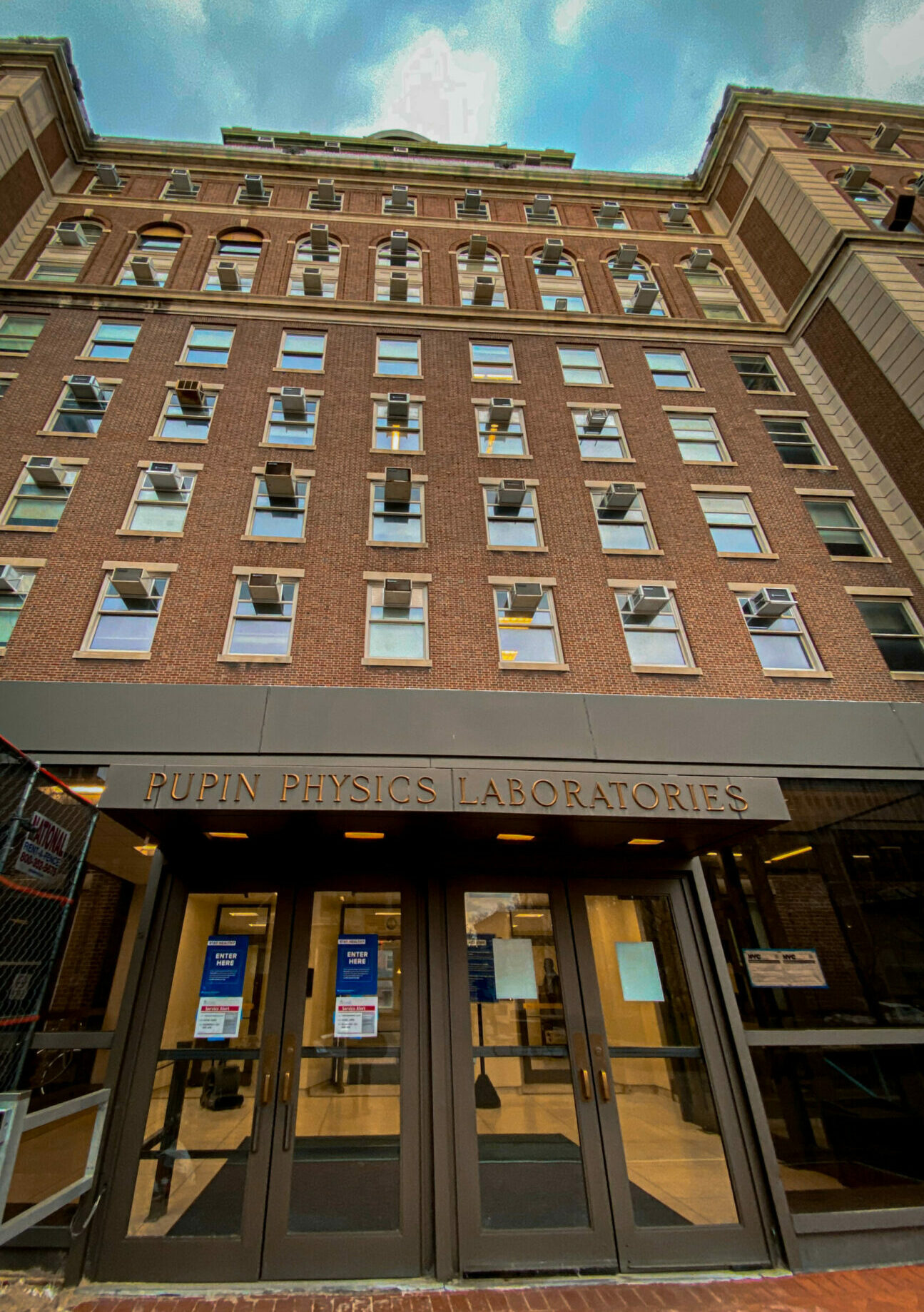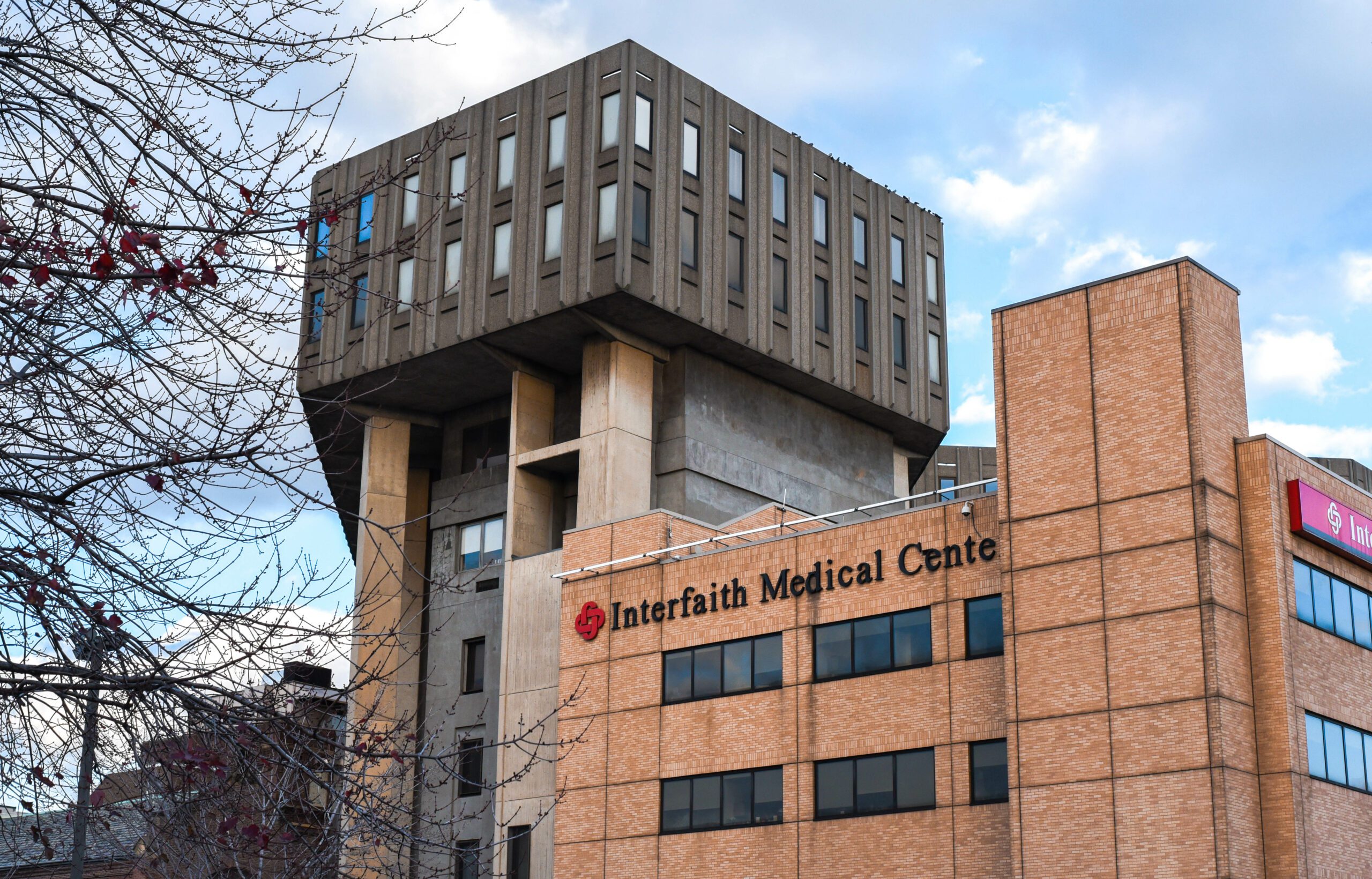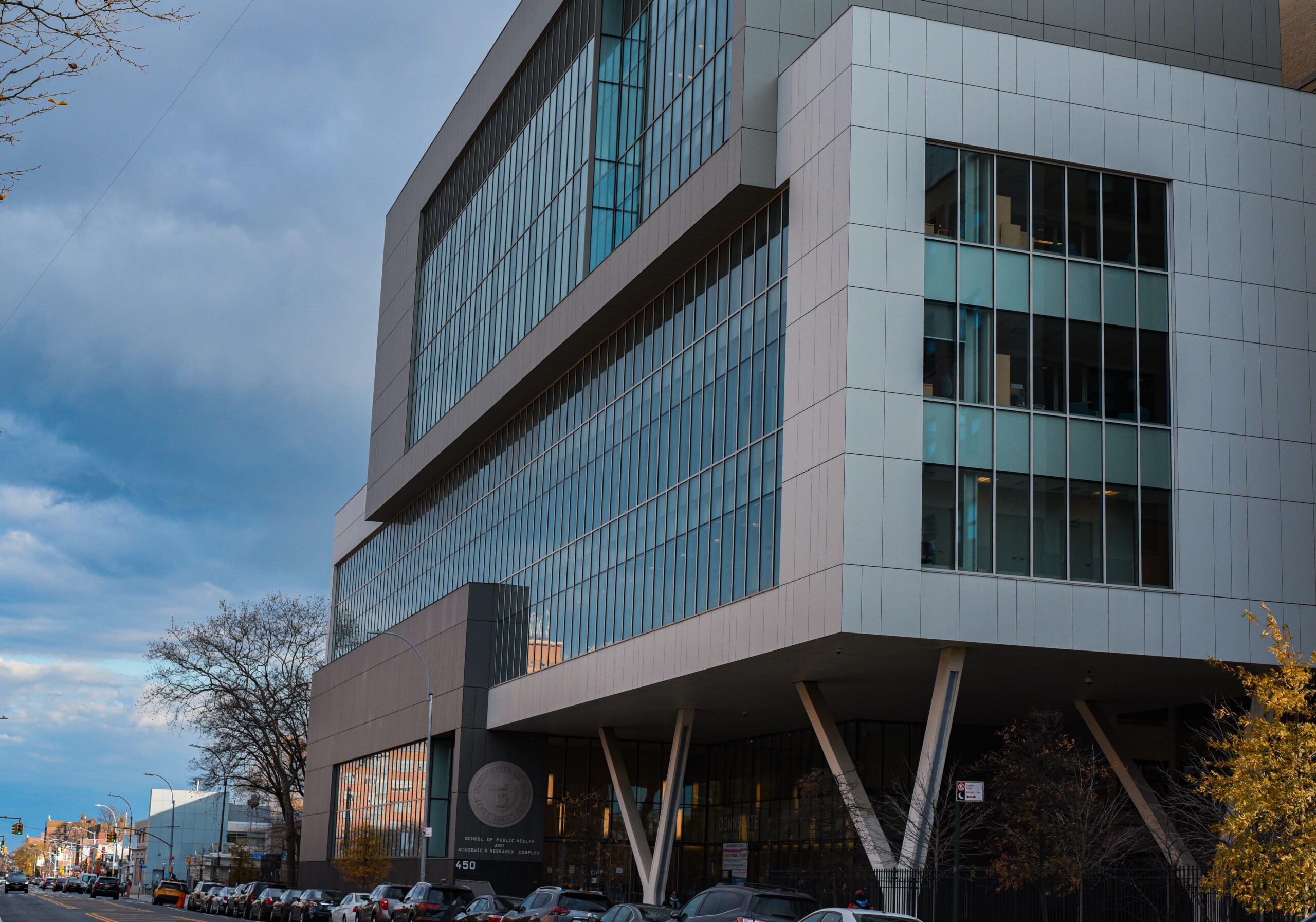
Columbia UniversityRetro-Commissioning and Energy Conservation Program
Retro-Commissioning and Energy Conservation Program
NYC Local Law 87 (LL87) plays a crucial role in promoting energy efficiency in large buildings, and it mandates that structures exceeding 50,000 gross square feet undergo regular energy audits and retro-commissioning measures as part of the broader Greener, Greater Buildings Plan (GGBP). The primary objective of this law is to provide building owners with valuable insights into their energy consumption patterns through comprehensive energy audits, which involve thorough surveys and analyses of energy use. Additionally, retro-commissioning ensures that building equipment is correctly installed and performing optimally.
Following the implementation of corrective measures identified through these processes, building owners are required to submit an Energy Efficiency Report (EER) to the Department of Buildings (DOB). The audited and repaired systems encompass various energy-consuming systems, including the building envelope, HVAC systems, conveying systems, domestic hot water systems, and electrical/lighting systems.
Columbia University recognized the significance of complying with these mandates and enlisted the expertise of DM Engineers to manage the Retrocommissioning Measures (RCM) and Energy Conservation Measures (ECM) program, ensuring adherence to New York City Local Law requirements. The scope of this project encompassed energy audits, RCM and ECM field implementation, field verification, and DOB compliance submission for both phase II and the ongoing phase III of this comprehensive campus-wide initiative.
Phase II of the program involved 31 buildings, while phase III covered 10 additional buildings. Throughout these phases, the project team diligently implemented over 2,000 retro-commissioning measures and energy conservation measures to enhance the energy efficiency of the university's infrastructure. One of the notable challenges faced during program execution was conducting audits and implementing measures in a campus that operates year-round. Despite this challenge, the DM Engineers team effectively managed the work and met client expectations, contributing to the university's commitment to energy efficiency and sustainability.

















Project Details


COMPLETION DATE



FIRM ROLE


CLIENT/ COMPANY NAME


PROJECT SIZE








